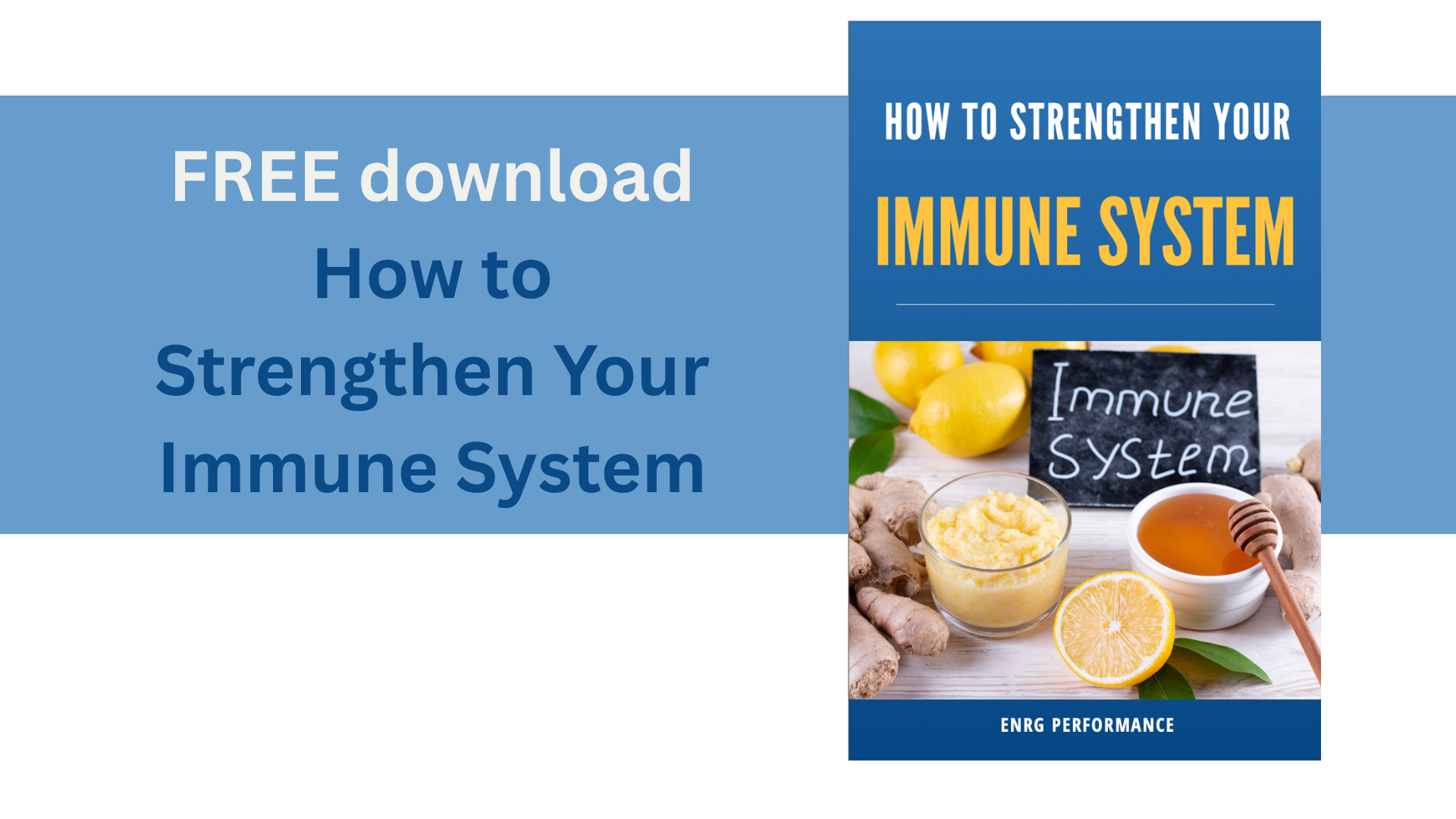What are Endocrine Disruptors?
Jun 02, 2025
I do quite a bit of work with athletes and their hormones, especially in my Virtual FatBurn Blueprint Program. We all know how important hormones are but sometimes, there are some disruptors to our hormones and endocrine system that you may not be fully aware of. As such, my hope with this article is to provide you with the knowledge you need to better support your endocrine system.
Through frequent testing I do with athletes, I have noticed that hormonal imbalances are increasingly common. Most of the common symptoms I see are weight gain, an increase in body fat, fatigue and sometimes mood swings. All of these are likely due to disturbances in the endocrine system (a network of glands that regulate hormones in the body).
One overlooked culprit behind many of these issues is exposure to endocrine disruptors. According to the World Health Organization’s (WHO) definition, an endocrine disruptor is “an exogenous substance or mixture that alters function(s) of the endocrine system and consequently causes adverse health effects in an intact organism, or its progeny, or (sub) populations or chemicals that interfere with hormone production, signaling, or metabolism. I know, that’s a mouthful!
In more basic terms, endocrine disruptors are synthetic or natural compounds that interfere with the body’s hormone systems. They can mimic, block or alter hormone signals, often leading to serious long-term health effects.
Common sources of endocrine disruptors include the following:
-
Plastics (BPA, phthalates)
-
Pesticides in food and water (DDT, atrazine, glyphosate)
-
Personal care products (parabens, synthetic fragrances)
-
Non-stick cookware (PFOA)
-
Canned foods (BPA in linings)
-
Household cleaners and air fresheners
Even small, regular exposures can accumulate over time, disrupting hormones like estrogen, testosterone, thyroid hormones, insulin, and cortisol.
So, now that you know what they are and where they are located, it’s time to address the “so what?”. What’s the big deal about these endocrine disruptors and their potential effect on health?
Well, the easy answer is that it can be a very big deal. In fact, chronic exposure to endocrine disruptors has been linked to the following:
- Thyroid dysfunction
- Obesity and insulin resistance
- Infertility in both men and women
- Early puberty
- Polycystic ovary syndrome (PCOS)
- Hormone-sensitive cancers (such as breast and prostate)
- Lower testosterone levels
- Fatigue, depression, and poor sleep
As you can see, these endocrine receptors can be quite annoying when you are trying to improve your health, fitness and longevity. The road to improving hormonal health begins with eliminating toxins and giving your body the nutrients it needs to function optimally. The first step is to reduce your exposure to these endocrine disruptors and begin to make the appropriate lifestyle changes that support better hormonal health.
Next week, I’m going to outline the specific nutrition strategies to enhance your hormone balance naturally and sustainably.
In the meantime, be sure to check out our newest blood work testing annual package. It is one of the most economical ways to take control of your health and hormones!
Stay tuned!
SUBSCRIBE AND WE WILL DROP SOME HEALTHY INSPIRATION IN YOUR INBOX
We hate SPAM. We will never sell your information, for any reason.







